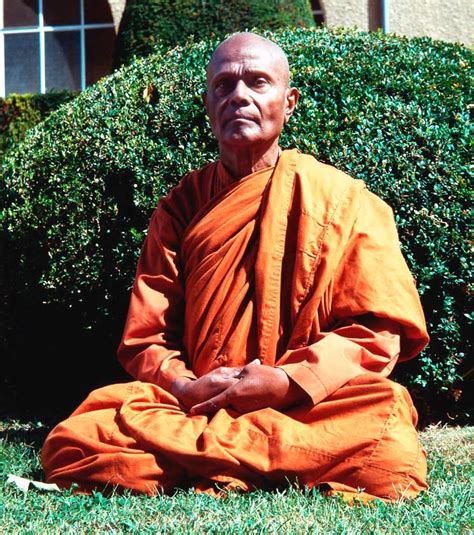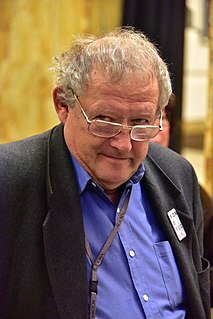A Quote by Harriet Martineau
it is the worst humiliation and grievance of the suffering, that they cause suffering.
Quote Topics
Related Quotes
The world is full of suffering. Birth is suffering, decre- pitude is suffering, sickness and death are sufferings. To face a man of hatred is suffering, to be separated from a beloved one is suffering, to be vainly struggling to satisfy one's needs is suffering. In fact, life that is not free from desire and passion is always involved with suffering.
There is much suffering in the world - physical, material, mental. The suffering of some can be blamed on the greed of others. The material and physical suffering is suffering from hunger, from homelessness, from all kinds of diseases. But the greatest suffering is being lonely, feeling unloved, having no one. I have come more and more to realize that it is being unwanted that is the worst disease that any human being can ever experience.
Whenever we feel that we are definitely right, so much so that we refuse to open up to anything or anybody else, right there we are wrong. It becomes wrong view. When suffering arises, where does it arise from? The cause is wrong view, the fruit of that being suffering. If it was right view it wouldn't cause suffering.
Do not avoid contact with suffering or close your eyes before suffering. Do not lose awareness of the existence of suffering in the life of the world. Find ways to be with those who are suffering by all means, including personal contact and visits, images, sounds. By such means, awaken yourself and others to the reality of suffering in the world.
The suffering that food animals undergo, the suffering of those who eat them and profit by them, the suffering of starving people who could be fed with the grain that feeds these animals, and the suffering we thoughtlessly impose on the ecosystem, other creatures, and future generations are all interconnected. It is this interconnectedness of suffering, and its reverse, of love, caring, and awareness, that calls out for our understanding.
Use all your suffering for meditation, and soon you will come to know that the suffering disappears because the energy starts moving inwards. It is not moving to the periphery, to the suffering, you are not feeding your suffering. It looks illogical, but this is the whole conclusion of all the mystics of the world: that you feed your suffering and you enjoy it in a subtle way, you don't want to be well—there must be some investment in it.
Faith drives a wedge between ethics and suffering. Where certain actions cause no suffering at all, religious dogmatists still maintain that they are evil and worthy of punishment. . . . And yet, where suffering and death are found in abundance their causes are often deemed to be good. . . . This inversion of priorities not only victimizes innocent people and squanders scarce resources; it completely falsifies our ethics.





































